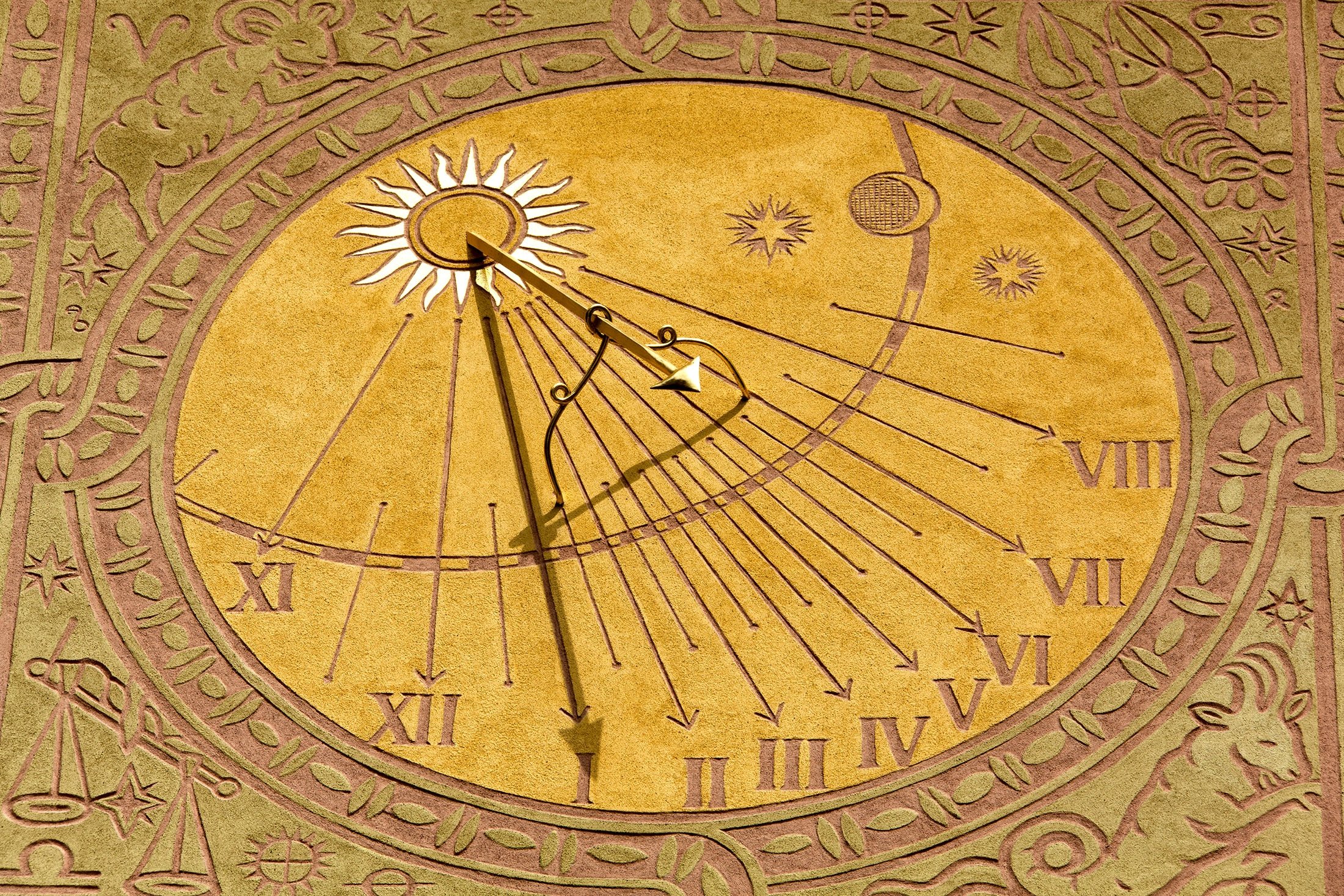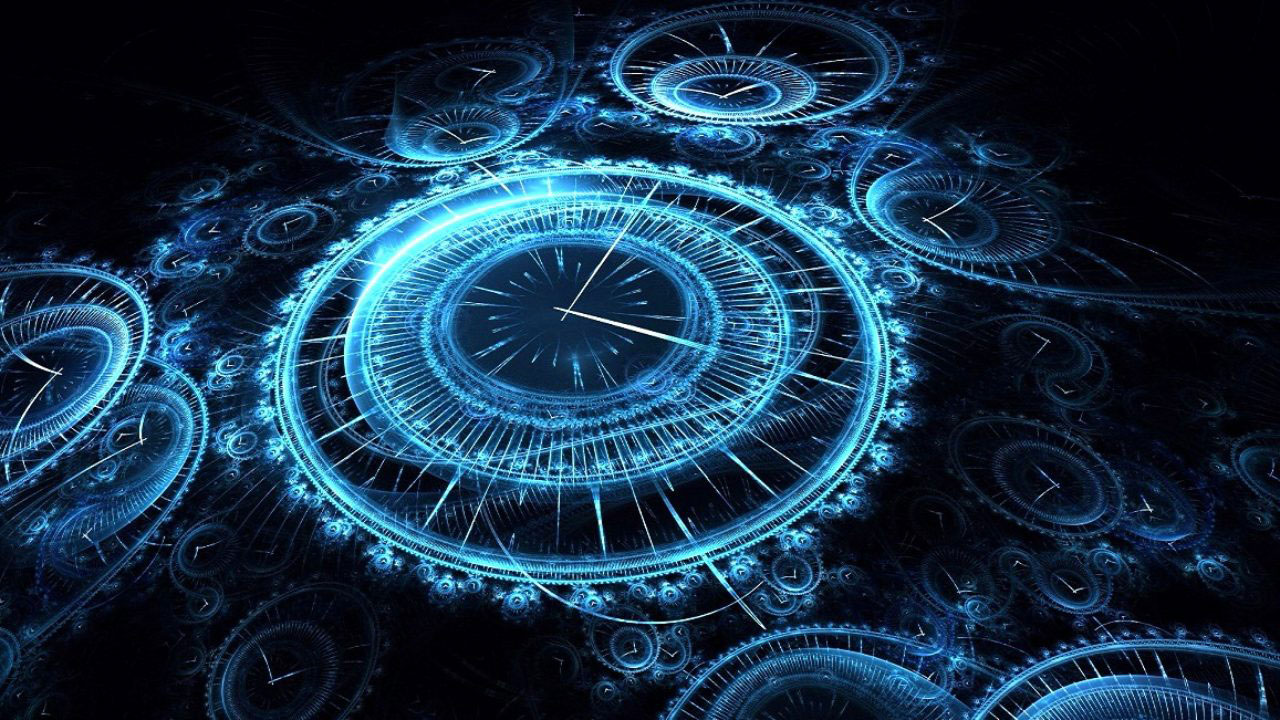The Evolution of Time: From Cosmic Cycles to Quantum Uncertainty
Introduction:
Time, the relentless march of moments, has fascinated humanity since the dawn of consciousness. From the earliest civilizations to the forefront of modern science, our understanding of time has evolved profoundly. This article delves into the multifaceted journey of time, from its conceptualization in ancient cultures to its exploration through the lenses of physics, philosophy, and psychology.
Ancient Conceptions of Time:
In ancient civilizations, time was often perceived cyclically. The Mayans meticulously charted celestial movements to create calendars that governed their agricultural practices and rituals. Similarly, the ancient Egyptians conceptualized time as cyclical, epitomized by the eternal recurrence symbolized by the sun rising and setting each day.
Ancient Indian philosophy introduced the concept of "kala," encompassing both cyclical and linear aspects of time. Hinduism's concept of "yugas" described a cycle of ages, each characterized by its unique attributes and durations.
Greek philosophers like Heraclitus and Parmenides pondered the nature of time. Heraclitus famously stated, "You cannot step into the same river twice," emphasizing the flux and impermanence inherent in time.
Mechanical Time and Industrial Revolution:
The advent of mechanical clocks in medieval Europe heralded a paradigm shift in timekeeping. Clock towers punctuated city skylines, marking the passage of time with mechanical precision. Time became increasingly standardized, facilitating coordination in burgeoning urban centers and driving efficiency in emerging industries.
The Industrial Revolution accelerated humanity's relationship with time. Factory workers synchronized their activities to the rhythm of the clock, ushering in an era of punctuality and productivity. Time became synonymous with economic value, with workers' wages often tied to the hours they labored.
Einstein's Relativity and the Elasticity of Time:
Albert Einstein's theory of relativity revolutionized our understanding of time and space. In his Special Theory of Relativity (1905), Einstein proposed that time is not an absolute quantity but rather a dimension intertwined with space in a four-dimensional continuum known as spacetime.
According to relativity, time is not a universal constant but is relative to the observer's frame of reference. The phenomenon of time dilation predicts that time moves slower for objects in motion relative to stationary observers. This concept has been experimentally confirmed through observations of fast-moving particles and clocks aboard satellites.
General relativity further elucidated the curvature of spacetime by massive objects, such as stars and planets. Gravitational time dilation predicts that time passes more slowly in regions of strong gravitational fields. This effect has practical implications, as demonstrated by the synchronization adjustments required for the Global Positioning System (GPS) satellites to account for relativistic effects.
Quantum Time and the Arrow of Entropy:
In the realm of quantum mechanics, time assumes a probabilistic nature, governed by the principles of uncertainty and superposition. The concept of "quantum time" challenges our classical intuitions, suggesting that at the quantum level, time may not flow uniformly and deterministically.
Quantum mechanics introduces the notion of entanglement, where particles become correlated in such a way that the state of one instantaneously influences the state of another, regardless of the distance separating them. This phenomenon raises profound questions about the nature of causality and the directionality of time.
Moreover, the arrow of time, indicative of the asymmetry between past and future, finds its roots in the second law of thermodynamics. Entropy, the measure of disorder in a system, invariably increases over time according to this law. The arrow of time aligns with the direction of increasing entropy, from ordered states to increasingly disordered states.
Psychological Time and the Perception of Duration:
Time perception, shaped by cognitive and psychological factors, often deviates from objective measures. Psychological time exhibits a subjective elasticity, influenced by factors such as attention, emotion, and memory.
Temporal illusions, such as the "stopped clock illusion" or the "oddball effect," highlight the malleability of perceived time. The perception of time can vary significantly depending on one's state of mind, leading to phenomena like time dilation during moments of intense focus or anxiety.Cultural norms and societal expectations further shape our experience of time. Cultures that prioritize individualism may perceive time as a finite resource to be maximized, while collectivist societies may emphasize the cyclical rhythms of communal life.
The evolution of time spans millennia of human inquiry, from the cyclic cosmologies of ancient civilizations to the relativistic and quantum conceptions of modern physics. Time, once regarded as an immutable constant, has proven to be a dynamic and multifaceted phenomenon, intertwining with our understanding of space, causality, and consciousness.
As we continue to unravel the mysteries of time, from the subatomic realm to the cosmic scales, we confront profound philosophical questions about the nature of existence and our place within the vast tapestry of spacetime. Ultimately, the evolution of time reflects humanity's ceaseless quest for understanding and meaning in the ever-unfolding narrative of existence.
In the contemporary era, technological advancements have further transformed our relationship with time. The digital age has ushered in an era of instant communication and constant connectivity, collapsing geographical distances and reshaping social interactions. Social media platforms and streaming services offer a continuous stream of content, blurring the boundaries between work and leisure and challenging traditional notions of temporal boundaries. Simultaneously, concerns about the commodification and acceleration of time have emerged. The pressure to optimize productivity and maximize efficiency in a fast-paced global economy can lead to feelings of time scarcity and burnout. The "cult of busyness" pervades modern society, with individuals often equating their self-worth with their ability to multitask and juggle competing demands.
Simultaneously, concerns about the commodification and acceleration of time have emerged. The pressure to optimize productivity and maximize efficiency in a fast-paced global economy can lead to feelings of time scarcity and burnout. The "cult of busyness" pervades modern society, with individuals often equating their self-worth with their ability to multitask and juggle competing demands.
However, amidst the frenetic pace of contemporary life, there is a growing interest in practices that promote mindfulness and temporal awareness. Mindfulness meditation, rooted in Buddhist traditions, encourages individuals to cultivate present-moment awareness and acceptance, fostering a deeper appreciation for the richness of lived experience.
The study of chronobiology explores the intricate rhythms that govern biological processes, from the circadian rhythms that regulate sleep-wake cycles to the seasonal variations in mood and behavior. By aligning our activities with natural rhythms and honoring our body's innate temporal cues, we can enhance well-being and synchronize with the larger rhythms of the cosmos.
Furthermore, the interdisciplinary field of "time studies" examines time from a variety of perspectives, encompassing physics, philosophy, psychology, sociology, and cultural studies. By adopting a holistic approach to the study of time, scholars seek to unravel its complexities and elucidate its implications for human experience and society. In conclusion, the evolution of time reflects humanity's ongoing quest for meaning and understanding in an ever-changing world. From ancient cosmologies to contemporary scientific theories, our conception of time has evolved in tandem with our cultural, philosophical, and technological advancements.
In conclusion, the evolution of time reflects humanity's ongoing quest for meaning and understanding in an ever-changing world. From ancient cosmologies to contemporary scientific theories, our conception of time has evolved in tandem with our cultural, philosophical, and technological advancements.
As we continue to grapple with the mysteries of time, we are reminded of its profound significance in shaping our perception of reality and our lived experience. By embracing temporal diversity and cultivating temporal mindfulness, we can navigate the complexities of modern life with greater awareness, intentionality, and appreciation for the fleeting moments that constitute the fabric of existence.

































